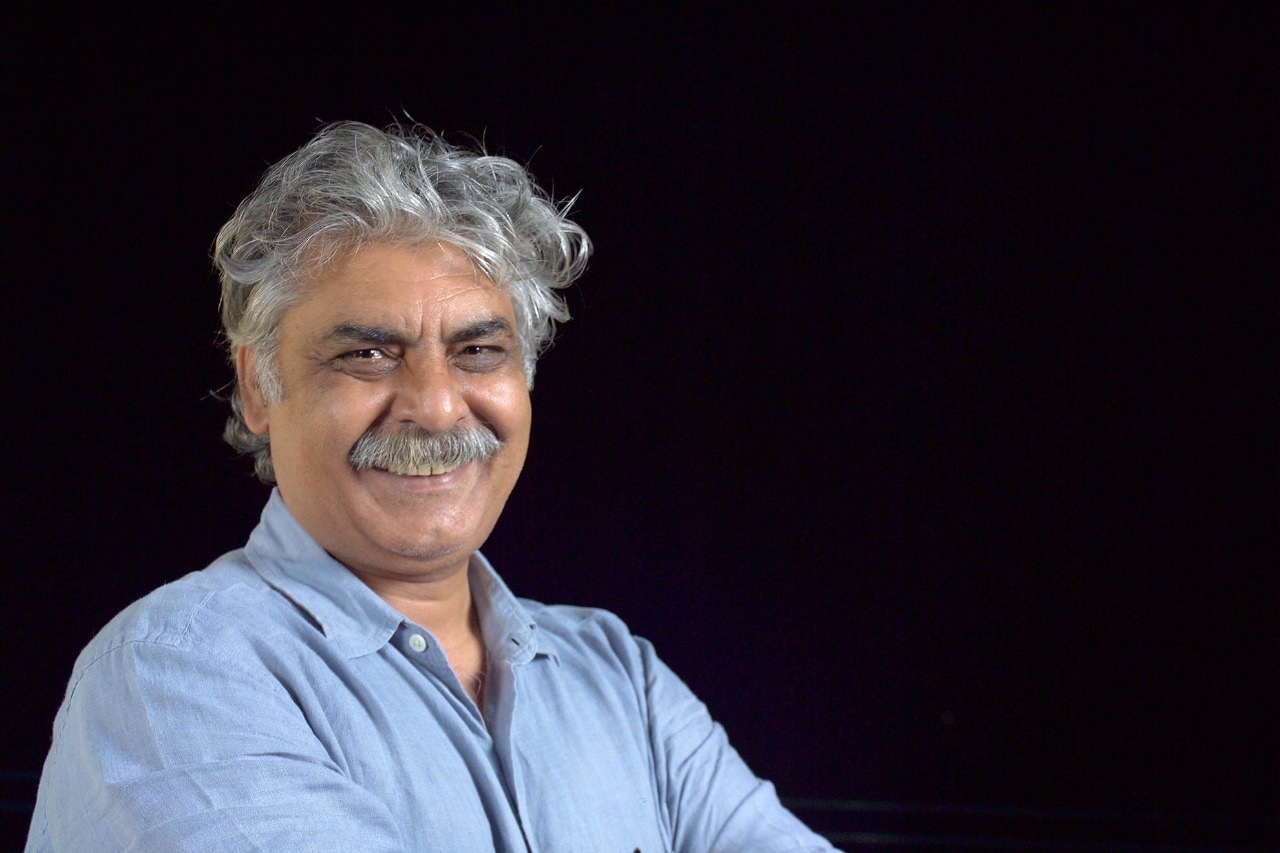By Khalid Hussain
Angry America, belligerent Britain, snug EU, ambitious India, strategizing Russia and a worried China is not a happy world. Naturally, when old relations end, news alliances are sought. For reasons of geopolitics, America and Britain are in it together and India has joined with them being ambitious enough to compete with China.
EU is already very close to China and will naturally move closer with the Brexit blowback. This might stress the obtaining alliance between China and Russia. If history is any guide then Russia will find going with the Americans and the British than the EU. Pakistan will have a hard time finding a locus to balance its interests in both these emerging spheres of influence.
The evidence for a global phenomenon was weak even last year. Hungary and Poland had elected rightist, anti-globalization governments, and France, the Netherlands, Sweden, and a few other European nations had hard-right parties that were beginning, maybe, to look like electoral contenders. The UK Was heading for a vote on its EU membership, but few people thought a majority would vote for Brexit. At that point, Trump seemed to be just a whacky sideshow in a Republican primary.
Trump’s victory has made nationalism so explosive it will not just disappear. Trump’s counterparts in Europe, long confined to the margins of politics, watch with admiration as the billionaire, who became the world’s most powerful person.
Eastern and Western Europe are simmering with Nationalism. The last time there was a spike in nationalism–the early 1990s–the cause was fairly clear: the end of the Cold War had allowed many long-suppressed national desires to violently erupt.
The 10 wealthiest people on the planet own more than most countries produce in a year. The very rich buy political influence in clear view. Recent migrations from Syria and Africa have revealed how the West generally remain hostile to outsiders. Globalization cannot sustain such animus that the social media and information technology appears to be accelerating. Pandering to popular desire appears beneficent but is seldom so in practice.
Donald Trump and the Ukip leader Nigel Farage—both pitch themselves as champions of ordinary men and women—standing before the glittering, gold-plated elevator door in Trump’s $100m New York City penthouse is a powerful reminder of similarities they share in appearance and strategy. The image wasn’t just a sign of a budding bromance, noted the New Yok Times asserting it was evidence of a wider convergence. “They saw Brexit as an inspiration for their campaign, ” a triumphant Farage said. “If you look at the last weeks of the Trump campaign, every single night at every single rally, he said this is going to be bigger than Brexit.”
Now Farage and other politicians across the UK, in the EU and indeed around the world with similar views must think nationalism has moved from the fringe to the center. Upon Trump’s victory, Florian Philippot, vice president of France’s Front National, tweeted his delight: “Their world is collapsing. Ours is being built.”
Throughout Western Europe, right-wing politicians are rising to challenge nervous progressive and centrist politicians. In Austria, in the rerun of its presidential election, Norbert Hofer, the candidate of the far-right Freedom Party, won the largely symbolic but still important office. That makes him the first hard-right head of state in the EU. The Netherlands has the anti-Islam Party of Freedom party rising. The Front National also ran for victory in the French presidential election although Marine Le Pen lost. In Germany, the Alternative for Germany (AfD), a new anti-immigration and anti-Islam party, has become a serious political power.
This means moderates and progressives are not safe. The right-wing populist parties in Europe are not identical. Yet, they have all positioned themselves between the center and the extreme right. Their flavor of nationalism is plainly visible in their slogans, from Farage’s “we want our country back” to the Austrian Freedom Party’s guiding principle, “Austria first”, to Trump promising to “make America great again”. The leading hard-right parties in Germany, France, Austria, and the Netherlands are also explicitly anti-Islam.
The insurgent populist parties of Western Europe have been aligning on some issues with Hungary and Poland, both governed by populists of the religious right. These parties are often opposed to European interference in areas like immigration and refugee policy. Hungarian Prime Minister Viktor Orban and Law and Justice leader Jaroslaw Kaczynski last year pledged to wage a “cultural counter-revolution” against liberal Europe.
It has the anti-establishment Five Star Movement. Wilders and Le Pen both wanted to hold in/out EU referendums if they had won. They wanted to leave the EU and create a new system in which nations work together in a much looser structure.
Brussels have been keenly aware and watching the threat. But the onus to get all to agree on a strategy to push back appears to be only shared by France and Germany. For European Commission President Jean-Claude Juncker, the solution remains greater cross-border cooperation. There are divergent voices that want the EU to retreat from controversial areas like asylum policy.
The nationalists are not in control yet. The promise of sovereignty for a nation and homogeneity for its people always prove extremely compelling. Hence nationalism poses a threat to the EU. Brexit in that dimension can be seen as another effort to further undermine the fundamentals of unity in Europe. Such a policy would suit both the UK as well as the US—and of course their allies versus Europe and China that are now pushed closer together in the wake of Brexit.
This is bound to have serious implications with the Chinese strategic relationship with Russia. UK and the USA will surely try their best to woo Rusia away from China. That will make the coming currency wars fierce for the victors will get to define the architecture and plumbing of the global financial and political systems for a long time to come.
__________________________________________________________________________________________________________________
Khalid Hussain is Resident Editor of TLTP – You may contact Khalid Hussain at info@lawtoday.com.pk.pk
Categories
Uncategorized
Right is rising to join a power struggle




